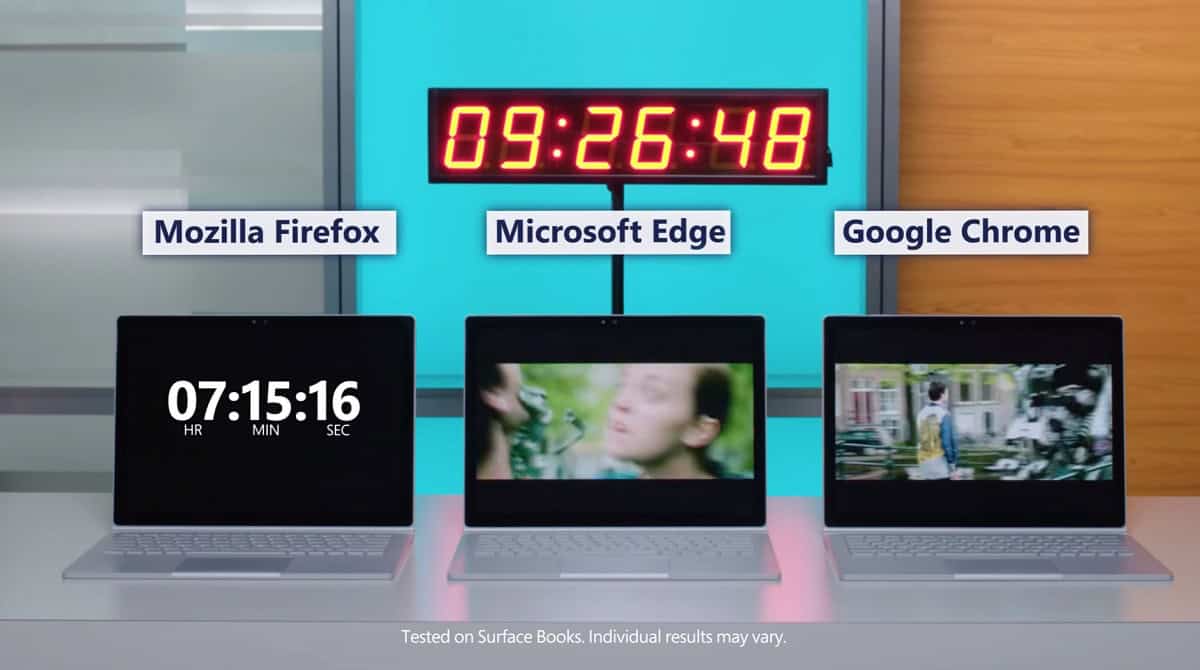
Microsoft has long touted longer battery life as an advantage of the Edge browser and when they adopted the Chromium rendering engine they submitted many of their tricks and techniques to the Chromium open-source project.
Now it appears the improvements may actually be adopted, Google Chrome engineer, ‘Chrome Cunningham’ confirming that Google plans to implement the improvements in Chrome and test them in practice.
The improvements, in particular, are set to make it to Chrome.
One is to eliminate unnecessary disk caching when watching video, by caching to RAM instead, thereby keeping the disc idle for longer and saving battery life.
The next, related one, is to check if a computer is plugged in or on battery, which allows the browser to use the more complex battery saving techniques only when required.
The last is o compare the HTTP response content size to the backend maximum file size and not cache the content when size is larger than the maximum file size.
We should see these improvements show up in a Canary version of Chrome soon, which may make Microsofts next Edge vs Chrome comparison video a bit more complicated.


























